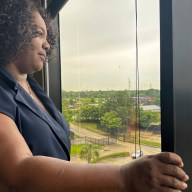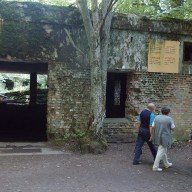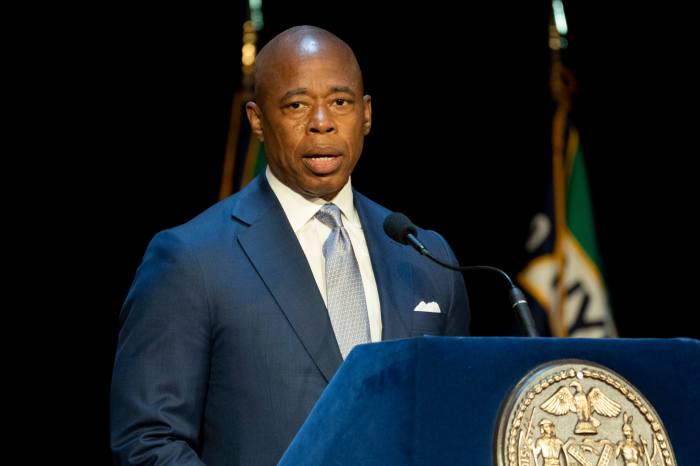Some residents who live in Alberta’s “Upgrader Alley” say they don’t want to have their farms and acreages swallowed up by any more towering oilsands plants.
In fact, they expect to flood a boardroom in Fort Saskatchewan Monday for a public hearing to review Petro-Canada’s bid to build a $14-billion upgrader project that will require close to 14.5 million cubic metres of water each year in order to make millions of barrels of oil each day.
Twelve more upgraders have been slated for the area northeast of Edmonton near Premier Ed Stelmach’s riding or have already been approved by the province, said the group of landowners at a news conference yesterday.
And several other residents are suffering from many forms of cancer in the area known for its toxic air, says landowner Maureen Chichak. She says two farmers have died of lung cancer in the area they’ve dubbed “Cancer Alley.”
Chichak, who moved into her acreage 30 years ago when there were no upgrader plants nearby, says both of the dead farmers never smoked but have suffered from years of breathing in tainted air.
“I mean for a small population base, to me, that seems like a lot of people dying of cancer,” said Chichak after a press conference yesterday.
Mike Hudema, an oilsands campaigner with Greenpeace, says Stelmach has ignored local calls to stop the booming development that is eating up much needed farmland at a time when global food prices are soaring.
“It’s important to have a diversified economy, but what we’re doing here in Alberta is that we are putting everything on one horse like oil,” said Hudema.
“We need to build a legacy for our children where they can actually breathe in.”
Peter Symons, a spokesman with Petro-Canada, says the hearing will give stakeholders a chance to have their concerns heard.
The upgrader will also be built with the best available emissions technology and it will run on 100 per cent recycled water from local treated waste water plants, he said.
“This plant is going to be built to be safe for residents and for local communities, it’s going to be tested to be safe, it’s going to be regulated to be safe,” said Symons. “We wouldn’t build it if it wasn’t going to be safe.”
-jeff.cummings@metronews.ca
















